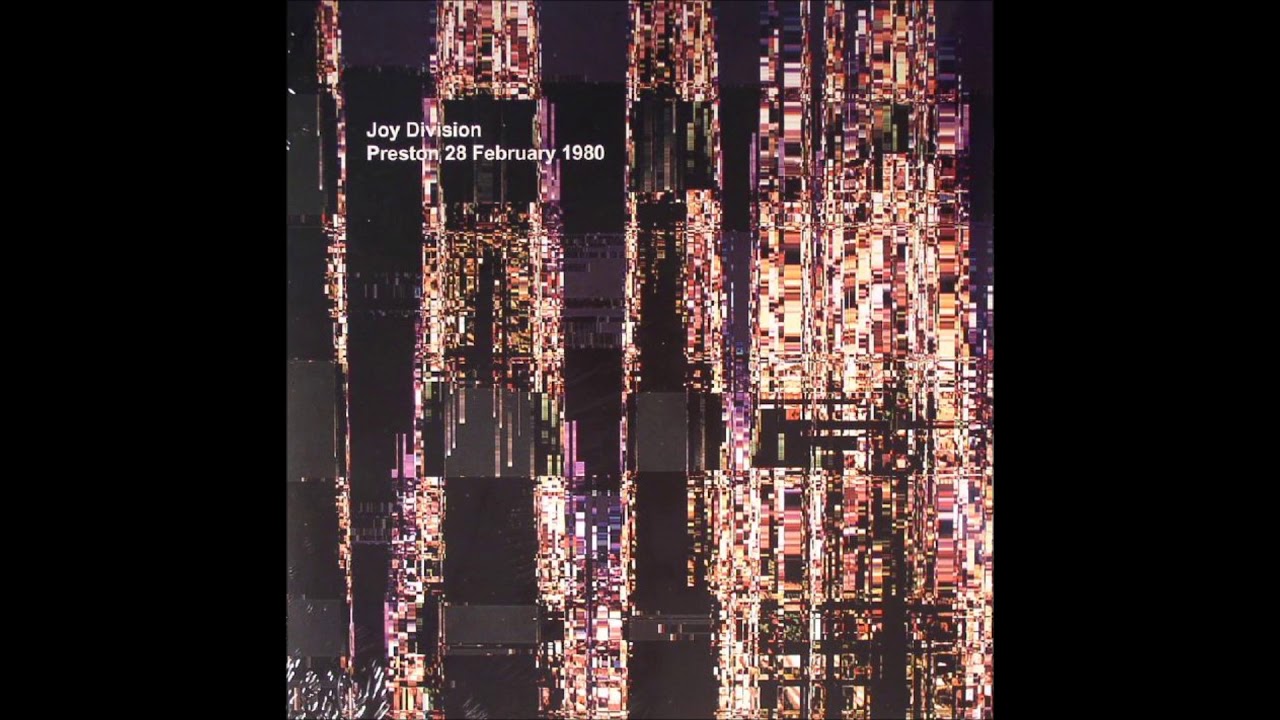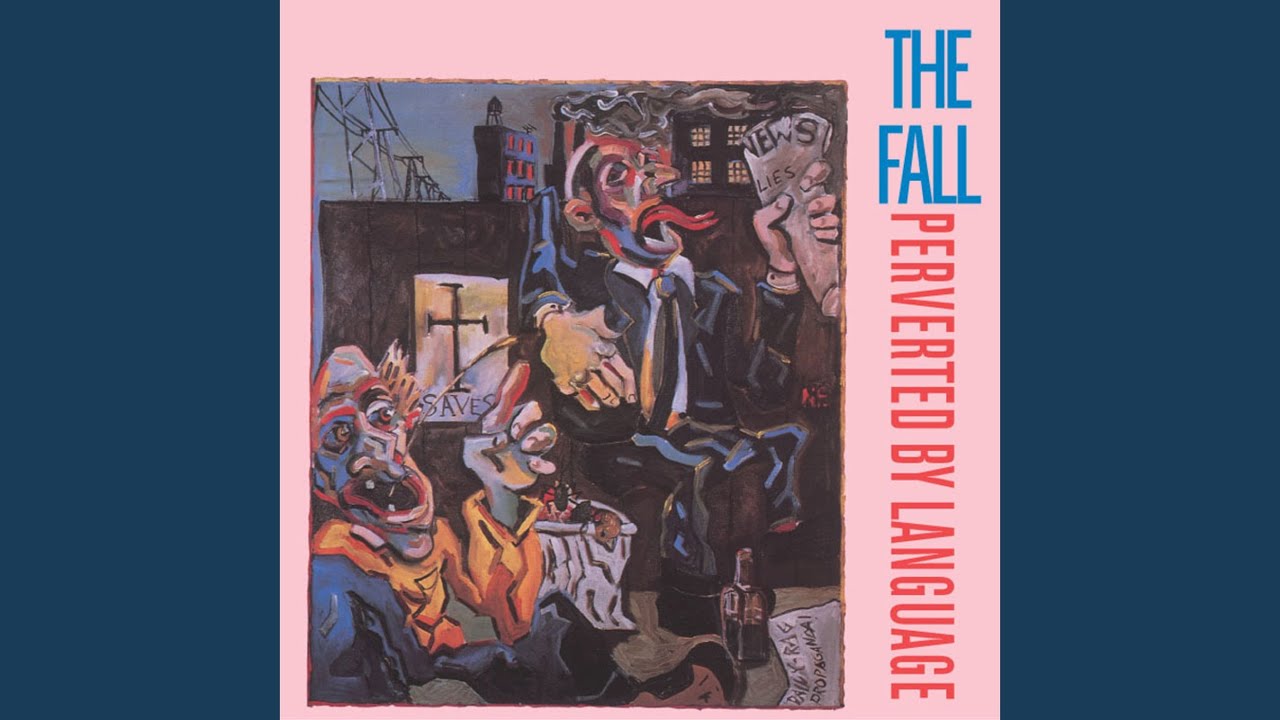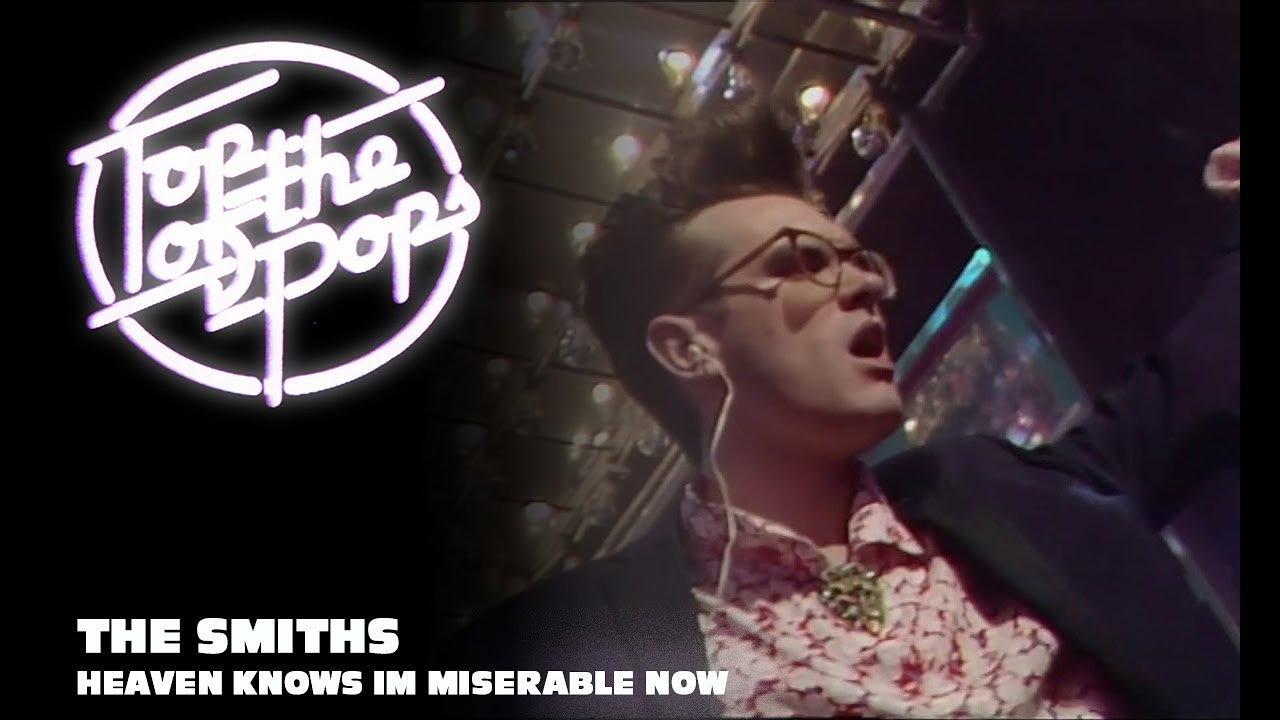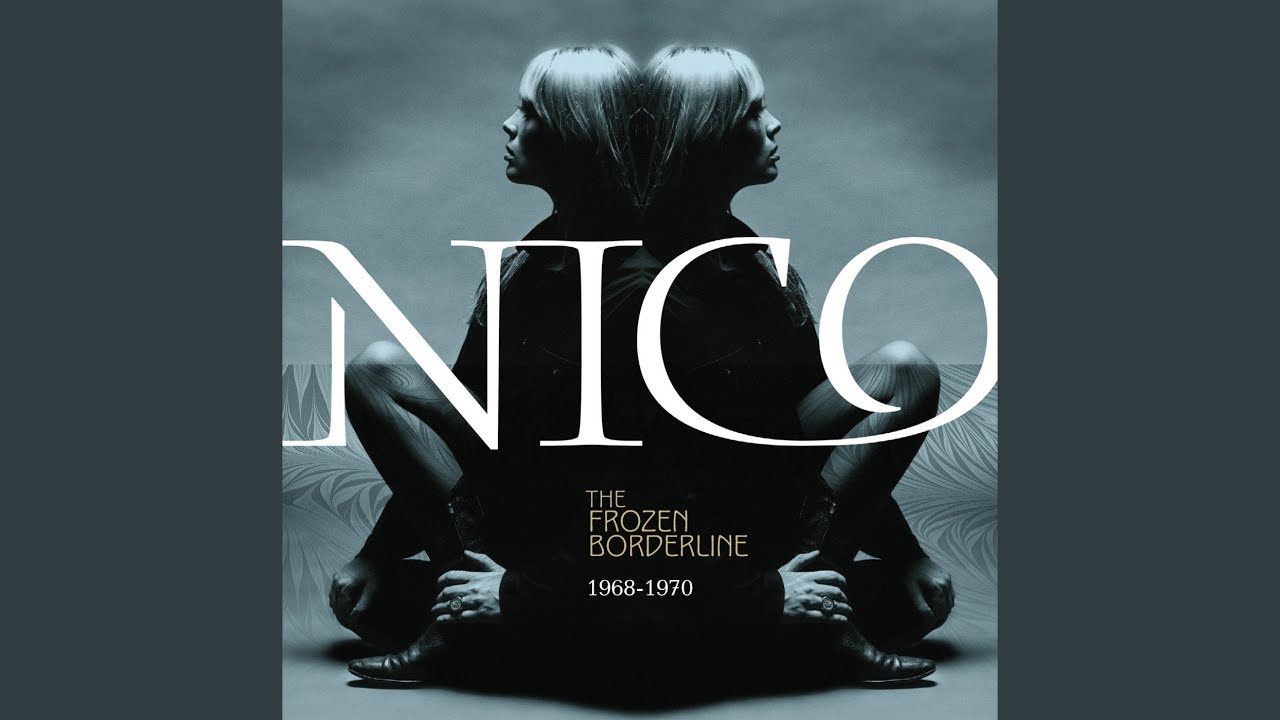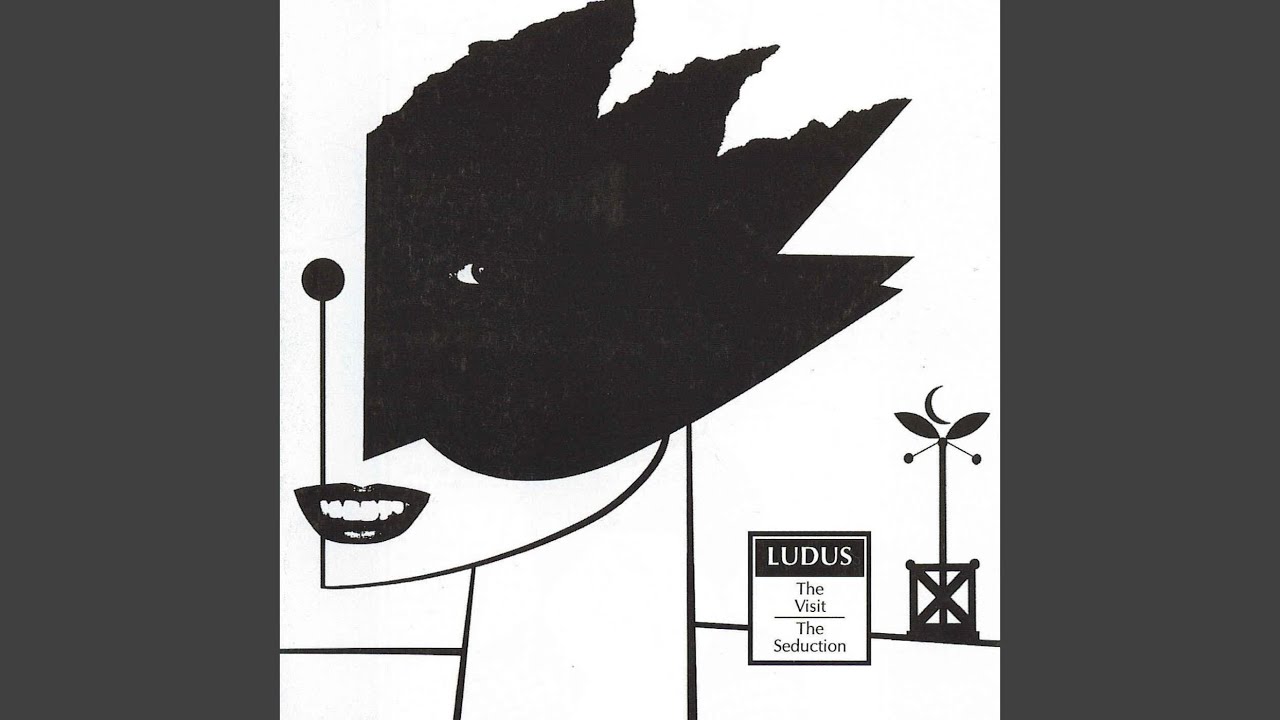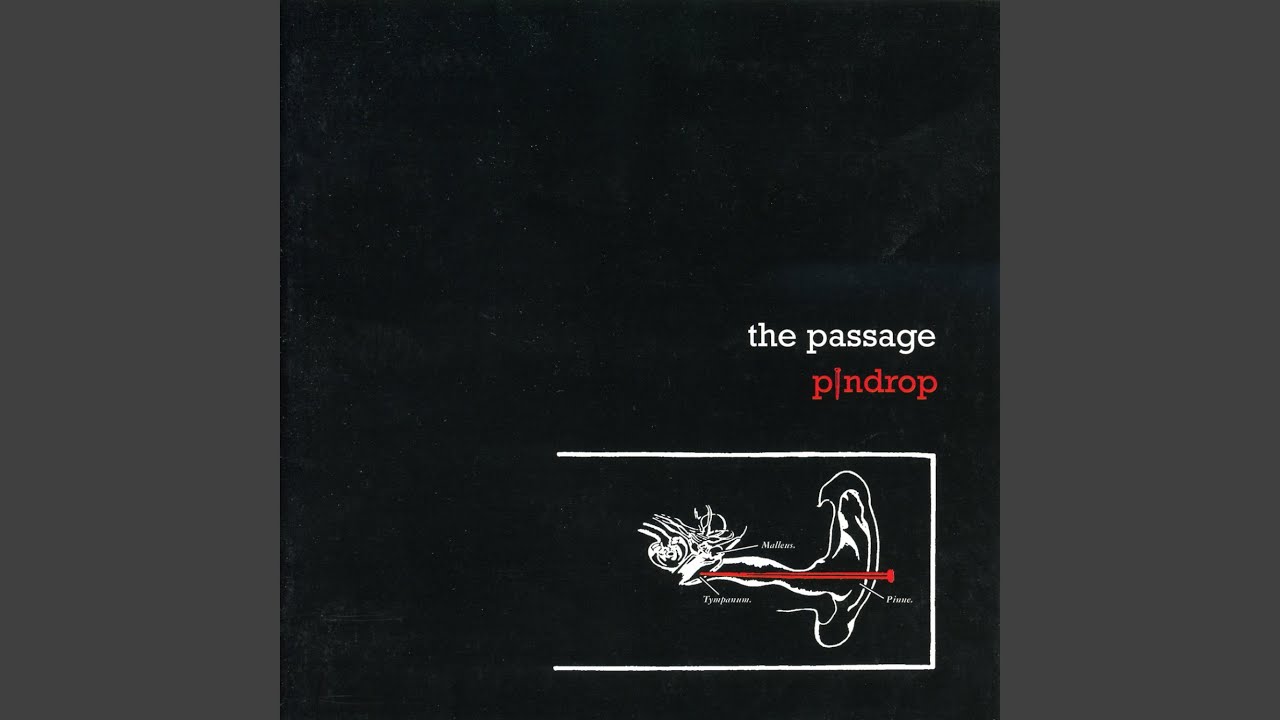Credit: David Hall
My Weil is set in Manchester, the city to which I went to study. Back then – late 1989 – the city had been rebranded as Madchester. Southern students in tie-dye teeshirts, baggy jeans and fishing hats, clogging the streets. Abhorrent! Inescapable! Middle-class youth, come up north for the Manchester experience, filling the streets…
Where was the real Manchester – the city I conjured up listening to The Fall, Joy Division and The Smiths when I lived down south? Where was the mythopoetic northwest of Mark E. Smith’s cryptic, non-linear lyrics, half sneered, half sung? Where was Ian Curtis’s disaster-zone Manchester, his ultra-violent Manchester, all doomy and existential? Where was Morrissey’s Manchester of the iron bridge, of the rented room in Whalley Range, of mordant walks through the Southern Cemetery?
Madchester, famous throughout the world for its nightlife, its indie-dance, its ecstasy-fuelled hedonism, seemed an absolute break from the city’s musical past. Where was the ambition? The sense of mission? Smith, Curtis, Morrissey and others were intense autodictats – ‘anti-intellectual intellectuals’ as Simon Reynolds called them, reading Nietzsche, Philip K. Dick (Smith and Curtis), Wilde, third-wave feminism (Morrissey), using literary fiction and philosophy as prompts for their lyrics. Graduates of local universities like Pete Shelley, Howard Devoto, Linder Sterling and Dick Witts wanted to channel what they learned about artistic modernism, about critical theory, into popular song. Wasn’t the intellectual and artistic ferment of New Wave, when Manchester was the capital of post-punk, what Madchester was leaving behind?
Frequenting Hulme just outside Manchester city centre – an edgy zone of low-rise, system-built crescents – gave me an answer. Its generously-sized maisonettes served as perfect squats for miscreants and opters-out: travellers with pit-bulls, junkie casualties of rave culture, university drop-outs, assorted bohemians, aristocrats-gone-crusty, drop-outs from public schools, idlers escaping from productive life, Rasta blasters of humid dub.
All of them versions of what Karl Marx called the lumpenproletariat (lump, in German, means vagabond or knave, not the heavy, the grey or the dull): those who’d been cast out of the class structure, neither bosses nor workers. Marx listed pickpockets, tricksters, gamblers, organ-grinders, rag-pickers, la bohème, ruined offshoots of the bourgeoisie, tinkers, beggars, brothel-keepers, discharged soldiers, discharged jailbirds, as examples of the lumpenproletariat: a real motley.
And old Hulme was a motley, too. Loveable and not-so-loveable rogues dealing cocaine, crack, steroids, selling on stolen stuff: sunglasses, leather jackets. Knaves and hooligans: French skinheads for some reason, drug dealers, minor-league thieves – people you didn’t want to meet on a crescent deck at night. Miscreants in and out of prison for pointless, petty offences, invisible to the middle-class world, for whom the city was all short-cuts, rat-runs.
Yet it would all come together come the weekend, when gangs from the squats rose at their customary three or four in the afternoon, smoked a few pipes, necked a few brews, and set forth like a psychedelic convoy towards the Haçienda. The sky still purple-tinged above them, still paisley from the night before. They were the real source of Madchester. Theirs was the scene from which the Happy Mondays were born: Mancunian street funk, Mancunian Parliament-Funkadelic, homegrown danceable euphoria.
This is a world the characters of My Weil learn to prize, too. Alongside the Mancunian music of misanthropic satire, of the grotesque; apart from the music that soared in its despair, that groaned for redemption, that craved to be touched by the hand of God; at a distance from the music of inadequacy, of ineptitude and infirmity – however archly it was presented – there was a lumpen music that reflected a lumpen world: a communal music, egalitarian, non-hierarchical, that brought together the voluntarily unemployed, opters out from Thatcher’s Britain in a rapturous holiday from the ordinary world.
Joy Division, ‘The Eternal’ (Preston version)
Not so much a song, as a hole you fall into. That was said of Nico’s The Marble Index, but it could well have been said of Closer. Gloomy grandeur. Dubby echo. Keyboard drones. Desolate, doom-ridden vocals. Portentous lyrics about Last Things, capital L, capital T; about Fate, capital F.
The second side of Closer, on which the original of this song can be found, is beautiful, desolate art. This live version stretches ‘The Eternal’ even further. It becomes viscously dark, a drone for the end of time.
The Fall, ‘Backdrop’ (Perverted by Language version)
A ferocious riff – Marc Riley regards it as one of the best he’s written. And a ferociously intense performance – a powerhouse rhythm – by what, for me, was the best line up of The Fall. Whatever is Smith, hip priest, slang king, singing about? There is a story here. The lyrics are typically compressed, fragmentary, but seem to concern a fateful inevitability (‘the black dog’, ‘the void’) playing out in different times and places – against different backdrops. What’s it all about? What exactly is the black dog or the void? How are we to understand the yellow pills dropped into Gordon’s Gin or the horse stolen from a Tyneside lord (or is Smith singing ‘morgue’)? There’s debate (The Puritan’s Guide to Fall Songs Guide Podcast – 26 Backdrop | Free Listening on Podbean App). There’s close analysis (Backdrop (doomby.com). Either way: eleven minutes of The Fall in their cryptic pomp.
The Smiths, ‘Heaven Knows I’m Miserable Now’
“These are desperate times,” said Morrissey in an interview. “But I don’t think we should join in with the desperation. We should conquer it.” That’s what he does on The Smiths’s fourth single, the title of which is a take on Sandie Shaw’s ‘I Wonder if He’s Missing Me Now’.
“I was looking for a job, and then I found a job, and heaven knows I’m miserable now / I was happy in the haze of a drunken hour but heaven knows I’m miserable now”: neither work nor leisure will please our narrator. Nor romance (“What she asked of me at the end of the day / Caligula would have blushed”).
What’s left is singing about being miserable, dreaming up variations on being miserable, affirming gloomery itself as a paradoxically joyful way of being. Morrissey takes refuge in the comedy of misery, thereby transmuting it, revaluating its value.
And on Top of the Pops in an outsize pink Evans blouse, a crystal necklace round his neck and a great bush of gladioli in his back pocket: Morrissey performs this misery, enjoying it, sharing it, offering himself up as a figure of ridicule or embarrassment (‘Heaven Knows’ was pathetically easy to parody by Smiths sceptics.)
On the Top of the Pops stage, mic-less, thin and swirling Morrissey is both playful and arch and sincere, non-miserable and miserable. This is how The Smiths sang back at that 80s aspirational culture with which so many of us felt at odds, showing how voluntary joblessness, voluntary invalidism, voluntary celibacy could be a way of living.
Nico, ‘Ari’s Song’ (alternative version)
How did Nico, rock nobility, doom-chanteuse, Goth-before-Goth, survivor of a childhood in Nazi Germany, genius muse of Bob Dylan, Jim Morrison, Iggy Pop, Lou Reed, Frederico Fellini, Andy Warhol, and others, end up in Manchester of all places? Nico lived in Prestwich Park for seven years, not far from Mark E. Smith, admiring the Victorian architecture, playing pool in local pubs, godmothering local bands. Linder Sterling was a neighbour for a while, receiving sage performance advice: “When you sing a high note, you should imagine it falling to the floor and all low notes rising up”. Morrissey was “enormously comforted by her isolation and depression,” naming Desertshore as his favourite album of all time.
But it’s the beauty and tenderness of ‘Ari’s Song’ from The Marble Index that I want to remember here, one of several songs Nico wrote about motherhood. This is a demo version, too, just Nico and her hypnotic harmonium, without John Cale’s musical additions. How tender she sounds, promising her son ‘”light and joy”. “Sail away, sail away my little boy …” Nico, left us too early. RIP ‘Ari’ AKA Christian Aaron Boulogne, who died last year.
Ludus, ‘I Can’t Swim, I Have Nightmares’
Ludus, the post punk band led by Linder Sterling and Ian Devine, seemed to pursue every possible music at once: punk spikiness; feminist performance art confrontation; pacific jazz, bebop, free jazz, no wave, a little funk. Then there were the vocals, with scat, screams, laughter, groans, glossolalia… Sterling’s voice was comparable to that of Meredith Monk, of Annette Peacock, of Yoko Ono – but only as insofar as it, like theirs, was incomparable: one of a kind.
Pete Shelley, ‘Homosapien’
Shelley gone electropop!? Ping pong drum machines!? Chintzy keyboards!? A twelve-string acoustic instead of the old buzzsaw!? What had happened!? Supposed to be a demo for a Buzzcocks’ album, producer Martin Rushent persuaded Shelley it was good enough to release as it was; Shelley agreed and dissolved his band. Delicious wordplay: “I’m the shy boy / You’re the coy boy” The lines “homo superior, in my interior” was deemed by the BBC to be a reference to homosexual sex and was banned. A pity, because it had everything it took to be an 80s queer anthem.
New Order, ‘Your Silent Face’
Synthesiser wash. Serene grandeur. Pure melodicism, full of elegiac warmth. Very Kraftwerk (‘Europe Endless’.) Bernard Sumner, whose melodica features prominently in the song, had come into his own as lyricist and singer. Who else would follow four stately Curtis-like verses with “You caught me at a bad time / So why don’t you piss off”? Mischief, bathos, a deliberate Mancunian undermining of the music’s majesty: a genius move for a band that had leapt free from Ian Curtis’s abyss.
The Passage, ‘Fear’
The Passage’s debut, Pindrop, with its layered keyboard loops, its brooding claustrophobia, is an electropunk soundworld unto itself. Stormy, swirling atmospheres, textures, noises; vocals processed, distant, wandering in and out of the mix; edgy lyrics, not always easy to discern, concern fear, power, love. And it’s all there in ‘Fear’, the opening song: mystery, drama, extremity …
The Happy Mondays, ‘Kinky Afro’
It was an attempt to sound like Hot Chocolate, according to the late Paul Ryder. Of course, it sounds only like the Mondays, with Sean Ryder’s ribald, drawled lyrics made up pretty much on the spot, and the band’s take on dance music and DJ culture: loose-limbed, scrappy, loutish funk, with a chorus line pinched from LaBelle’s ‘Lady Marmalade’. The neon cover of Pills ‘n’ Thrills and Bellyaches, of which is this is the opener, says it all: break with Mancunian gloomery! Leave Factory Records’s solemnity behind! Time to dance … The sound of the lumpen revolution…
My Weil by Lars Iyer is published by Melville House


